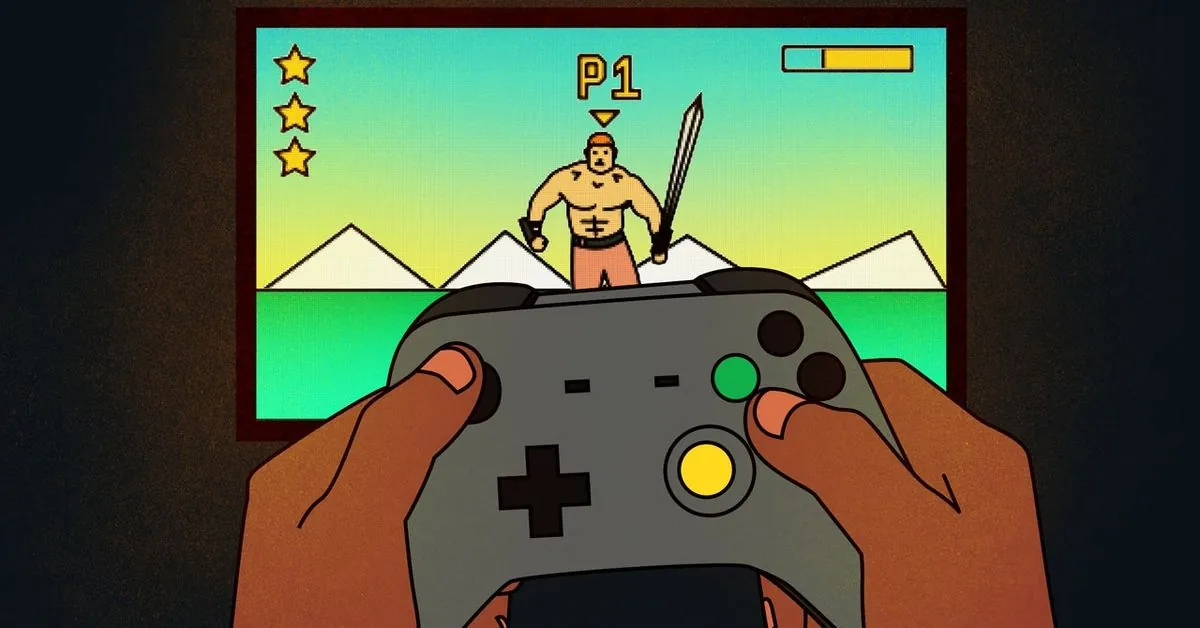The video game industry, which generated a staggering $184.4 billion in revenue in 2022, is grappling with a growth plateau following the pandemic-induced surge. Major console platforms are now devising innovative strategies to captivate new audiences and maintain momentum in a market expected to reach $321 billion by 2026.
Sony PlayStation, a brand that has been a household name since 1994, is shifting gears. For years, its first-party titles catered to an aging millennial and Gen X demographic, with critically acclaimed narratives like "The Last of Us" and "God of War". However, recognizing the need for multigenerational appeal, Sony has introduced a new mascot: Astro Bot. This diminutive robot, born from virtual reality experiments in 2013, has been elevated to represent PlayStation's rich gaming heritage. Astro's Playroom, pre-installed on every PlayStation 5 since its launch in November 2020, serves as both a tech demo and an introduction to this charming character.
In contrast, Xbox faces challenges in establishing a cohesive brand identity. Once a powerhouse with the Halo franchise, Xbox has struggled to maintain its flagship series' prominence. This holiday season, the platform is banking on licensed intellectual property with "Indiana Jones and the Great Circle", set to release on December 9, 2024. While developed by a talented team, the reliance on Disney's IP underscores Xbox's need to nurture original titles.
Nintendo continues to dominate the all-ages category, a strategy it has maintained since its founding as a playing card company in 1889. The upcoming "The Legend of Zelda: Echoes of Wisdom", releasing on September 26, 2024, marks a significant milestone by featuring Princess Zelda as the playable protagonist for the first time in a Nintendo-developed title. This move aligns with the company's history of creating games that appeal to all genders.
"A delayed game is eventually good, but a rushed game is forever bad."
The Mario franchise, the best-selling video game series of all time, exemplifies Nintendo's versatility. "Mario & Luigi: Brothership", slated for November 7, 2024, continues the plumber's adventures across various genres, ensuring there's a Mario game for every taste.
The broader industry is experiencing a lull, with production costs often surpassing those of Hollywood blockbusters. The most expensive game to date, Grand Theft Auto V, had a budget of $265 million. To fill release schedules, many companies are turning to remakes and rereleases. Notable among these is the "Silent Hill 2" remake, arriving on October 8, 2024, which aims to recreate the atmospheric horror that made the 2001 original a landmark in game narrative.
As the industry evolves, it faces the challenge of balancing nostalgia with innovation, all while navigating the complexities of a post-pandemic market. The success of these strategies will shape the future of gaming, determining which platforms and franchises will captivate the next generation of players.
